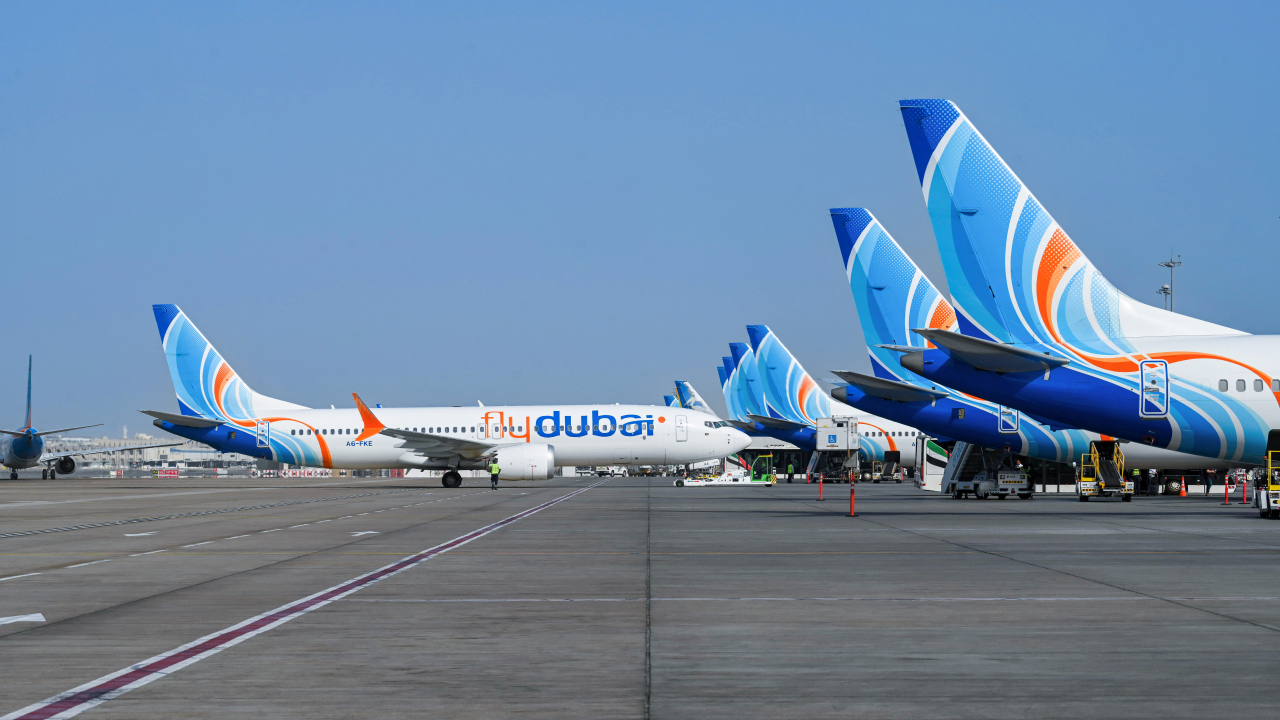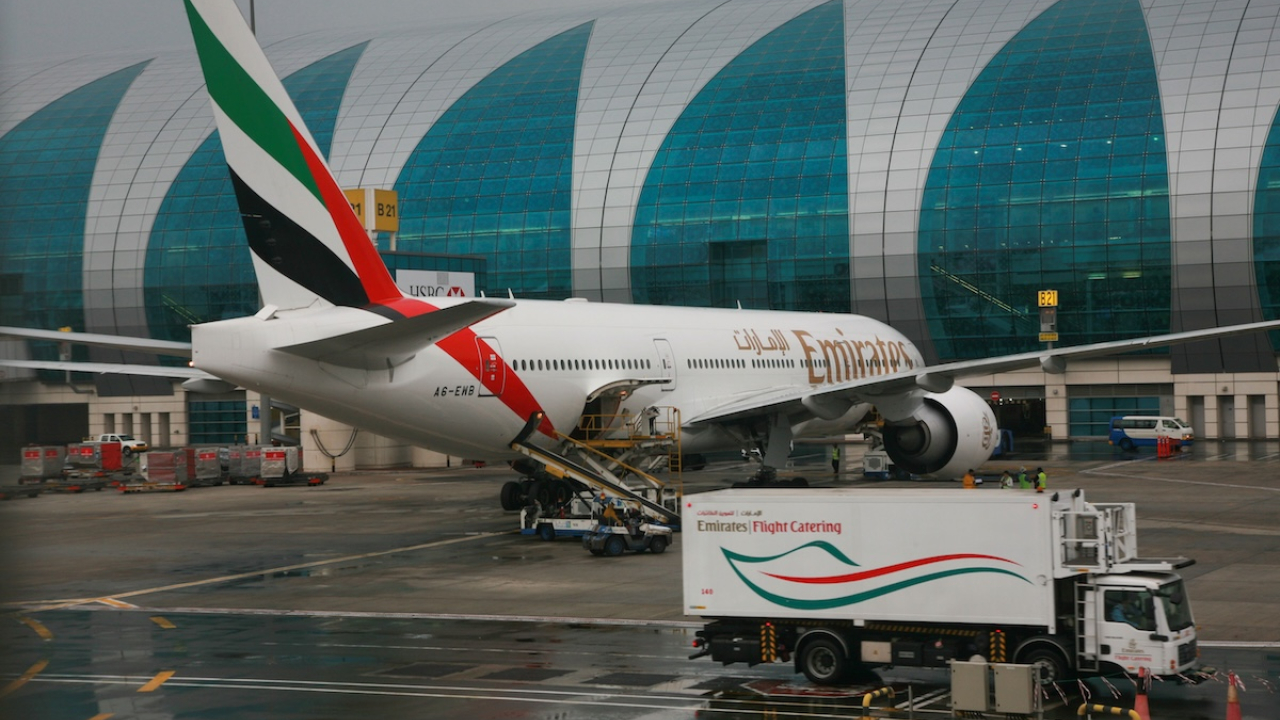flydubai strengthens strategic growth with 12 new aircraft deliveries in 2025
flydubai has taken delivery of seven new aircraft so far in 2025, with a further five Boeing 737 MAX 8s scheduled to join its fleet before the end of the year.

flydubai strengthens strategic growth with 12 new aircraft deliveries in 2025. Image: flydubai
These additions form an integral part of the airline’s strategic growth plans, enabling the continued expansion of its network, enhancing operational efficiency and increasing capacity on existing routes.
The seven new aircraft, received between April and August 2025, have seen the flydubai fleet grow to 93 aircraft. Once all 12 aircraft have been delivered this year, flydubai’s fleet will stand at more than 95 aircraft, supporting the carrier’s growing network of more than 135 destinations in 57 countries. This expansion continues to open up underserved markets, creating more travel opportunities and further strengthening Dubai’s position as a leading global aviation hub.
Ghaith Al Ghaith, chief executive officer at flydubai, said: “The arrival of these new aircraft is a testament to our long-term strategic vision and our confidence in the future of air travel. Our fleet investment supports our mission to offer greater choice, enhanced convenience and improved connectivity for our passengers. These deliveries are part of a backlog extensively delayed in recent years, and despite receiving 12 aircraft this year, we remain 20 aircraft behind our original projections.”
“The continued interest from our financing partners highlights the strength of our business model and our commitment to contributing to the UAE’s leadership in global aviation. Looking ahead, these aircraft will enable us to unlock new destinations, optimise our operations and play an even greater role in supporting Dubai’s growth as an international aviation hub,” added Al Ghaith.
The favourable response to the airline’s financing Request for Proposals (RFPs) and its ability to secure competitive financing for these deliveries reflect the strong confidence that global financial institutions and lessors have in flydubai’s robust business model and its future growth prospects. The positive appetite from the market underscores the airline’s resilience and its role as a key driver in the UAE’s aviation sector. Financing for the first seven aircraft received this year has been secured under Islamic financing from Abu Dhabi Islamic Bank (ADIB), conventional debt financing from The National Bank of Ras Al Khaimah (RAKBANK), as well as sale and leaseback transactions with JP Lease Products & Services and JLPS Ireland Limited.
In parallel with its growing fleet, flydubai continues to expand its network and has added 11 new destinations this year, including seasonal summer destinations Antalya and Al Alamein, as well as Damascus and Peshawar. The carrier is also set to welcome four new destinations in Europe, including Chișinău and Iași from September and Vilnius and Riga from December, further strengthening its presence in the region and providing passengers with greater choice and connectivity.
Alongside its aircraft deliveries, flydubai has continued to invest in enhancing the customer experience and driving innovation. Since the beginning of 2024, 23 Next-Generation Boeing 737-800s have undergone a full cabin retrofit as part of the carrier’s multimillion dollar retrofit programme which will continue into 2026. The new onboard cabin interior features flydubai’s flagship lie-flat seats in Business Class as well as exceptional inflight entertainment in Economy Class, ensuring a consistent and enhanced travel experience across the fleet.
To support the ongoing strategic growth plans, the airline's ongoing recruitment drive has grown its workforce to more than 6,500 employees across different functions, a 10% increase in the number of employees compared to 2024. The airline has also launched its new Ab Initio Pilot Training Programme (MPL) to shape students into future pilots, who will play a key role in supporting the airline’s ambitious growth plans.
Stay up to date
Subscribe to the free Times Aerospace newsletter and receive the latest content every week. We'll never share your email address.

